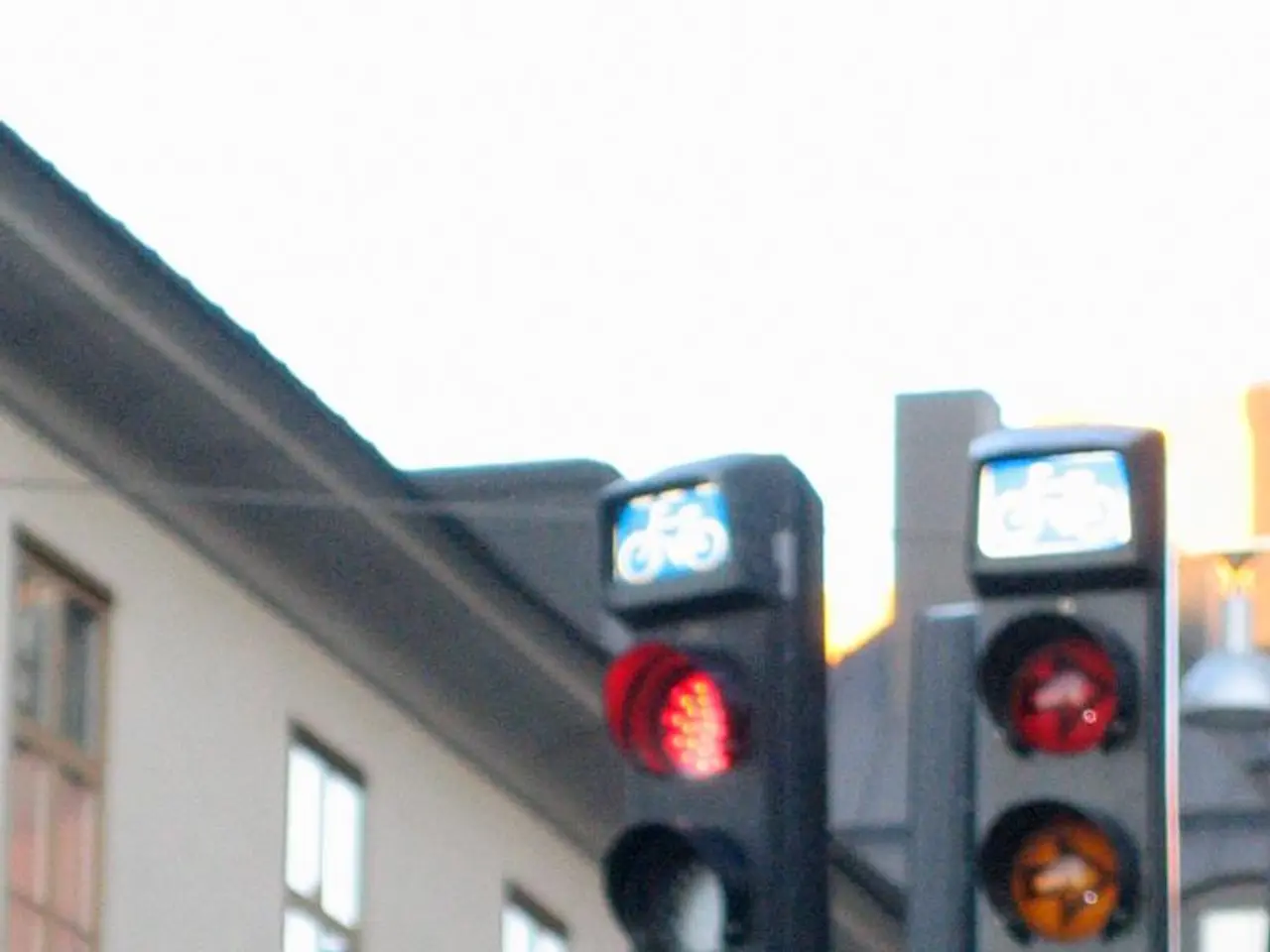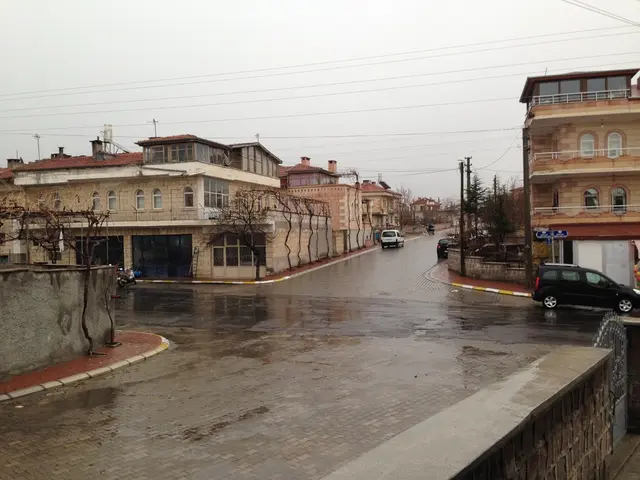Construction work on the electronic platform should be delayed, and existing loads should be alleviated if the central station is shut down, urges OB Ansbacher.
In the heart of southern Germany, the city of Ulm is bracing for a significant change. The German Railway (Deutsche Bahn, or DB) has announced plans to close Ulm Central Station at the beginning of 2026 for the installation of an electronic interlocking (ESTW). This news has sparked concerns from Ulm's mayor, Martin Ansbacher.
In a letter penned in January, Ansbacher voiced his apprehensions about the planned installation, expressing his belief that it falls into a phase where numerous regional and local major projects will burden the Ulm traffic system. His concerns are focused on the potential impact of the measure on the urban infrastructure.
Ansbacher has called for the postponement of the measure, stating that it is untimely. He emphasizes the importance of early, clear, and understandable communication with the population for the acceptance of the measure. Close, early, and continuous coordination is considered crucial by Ansbacher.
If the construction work must proceed as planned, Ansbacher demands effective relief measures. He suggests using the existing train stations (Neu-Ulm) or stops within the Ulm/Neu-Ulm city area, as far as safety permits. This approach, he believes, could help alleviate the burden on the city's infrastructure during the installation period.
The DB has yet to publicly state specific dates for the relocation of train services to other stations or stops in the Ulm/Neu-Ulm area. Ansbacher's stance on the matter remains that the measure should be postponed or shifted to a more suitable time.
The dialogue between Ansbacher's institution and the DB will continue to address the burden on citizens, commuters, and businesses. Ansbacher's primary focus is ensuring clear and continuous communication with the population, aiming to keep any disruptions to a minimum.
As the city of Ulm prepares for this major change, the ongoing dialogue between the local government and the DB will be crucial in ensuring a smooth transition for the city and its residents.
Read also:
- President von der Leyen's address at the Fourth Renewable Hydrogen Summit, delivered remotely
- Unveiling Innovation in Propulsion: A Deep Dive into the Advantages and Obstacles of Magnetic Engines
- Intensified farm machinery emissions posing challenges to China's net-zero targets
- EU Fuel Ban Alerts Mercedes Boss of Potential Crisis








